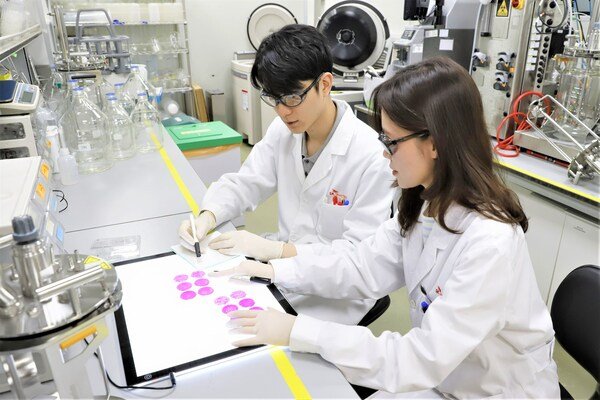
SK bioscience has been selected by the Korea Disease Control and Prevention Agency (KDCA) to participate in its Priority Infectious Disease Pandemic Preparedness Rapid R&D Support Program. As part of this initiative, the company will co-invest approximately KRW 5.25 billion (USD 3.7 million) with KDCA to develop a cell-culture-based avian influenza vaccine, targeting a virus identified as a potential next-pandemic threat. SK bioscience aims to begin Phase 1/2 clinical trials in the second half of 2026 and leverage its past success with influenza and COVID-19 vaccines to accelerate the development timeline.
Unlike traditional egg-based vaccines, cell-culture-based vaccines can be produced quickly and on a large scale without relying on fertilized chicken eggs—an essential advantage during avian influenza outbreaks, when poultry supply chains are disrupted. This technology uses animal cell cultures in sterile, controlled environments, enabling rapid adaptation to viral mutations and ensuring consistent quality and safety. SK bioscience's adoption of this platform aligns with international efforts to modernize vaccine infrastructure for faster pandemic response.
In addition to the avian influenza vaccine, SK bioscience is actively advancing mRNA vaccine technologies, conducting Phase 1/2 clinical trials for a Japanese encephalitis vaccine candidate (GBP560) in partnership with the Coalition for Epidemic Preparedness Innovations (CEPI). The company’s broader strategy reflects its commitment to global health security, combining strong R&D capabilities with international collaboration. CEO Jaeyong Ahn emphasized SK bioscience’s goal of becoming a global vaccine and biotech leader, capable of responding swiftly and effectively to emerging infectious disease threats.
MedTech Spectrum's Summary